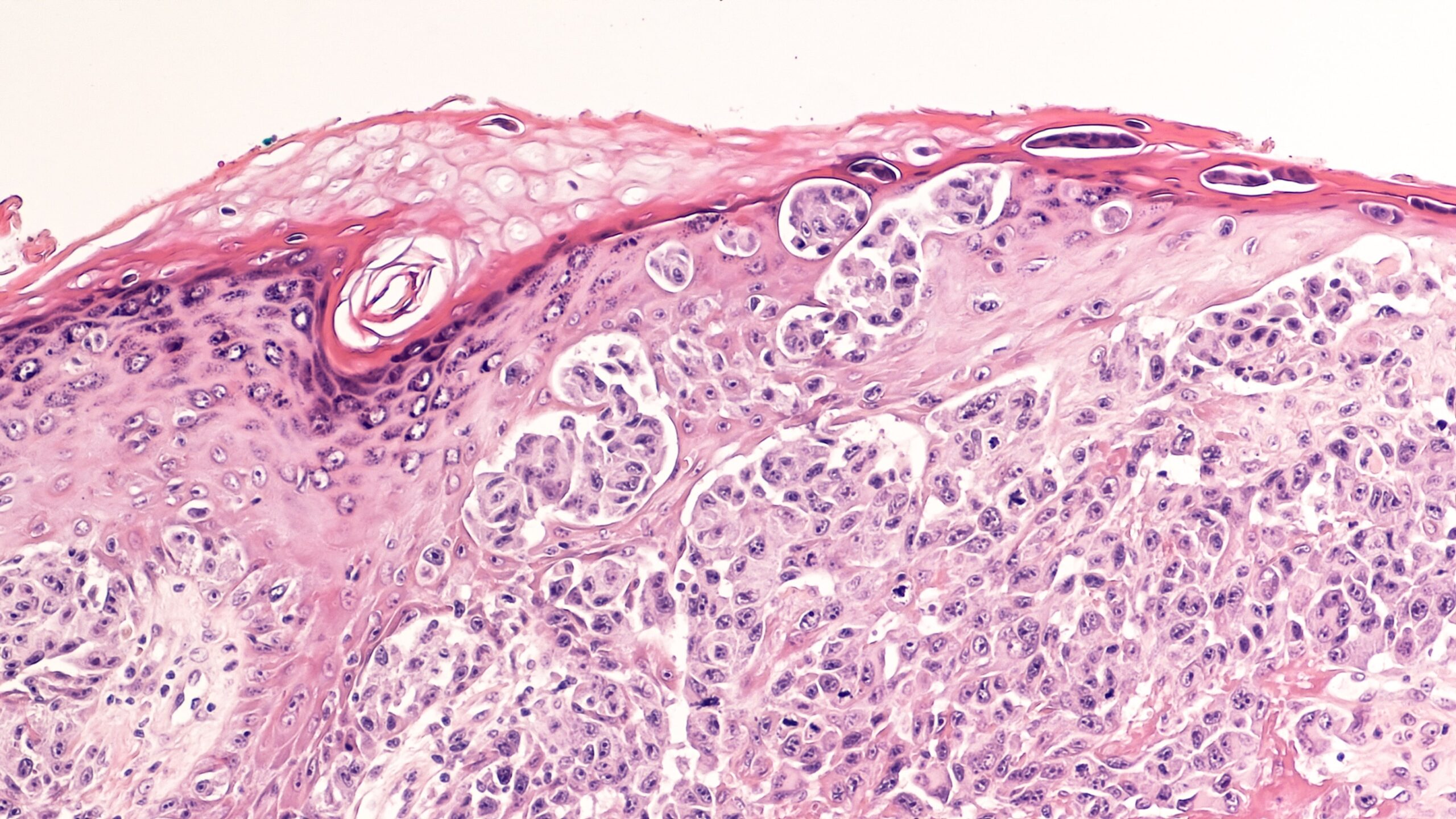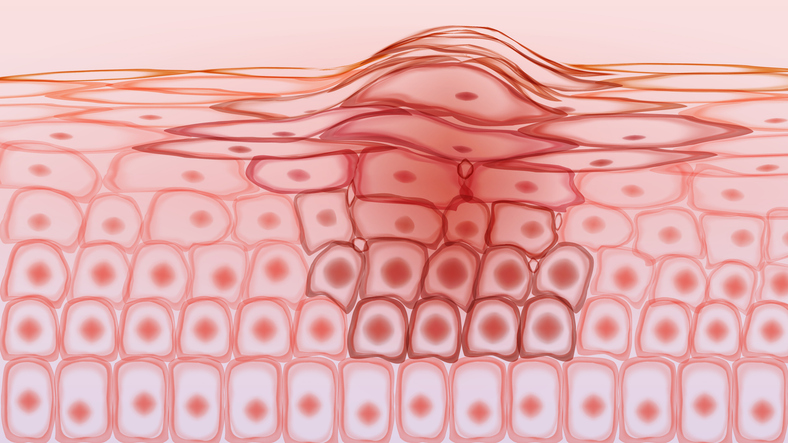
Effective therapies are still urgently needed for patients with brain metastases from cutaneous melanoma. Using preclinical mouse models, researchers are investigating the role of focal adhesion kinase (FAK) in distant cutaneous melanoma metastases and the pharmacologic inhibition of FAK, both alone and in combination with rapidly accelerated fibrosarcoma/mitogen-activated protein kinase (RAF/MEK) pathway inhibition.
Results were published in Cell Reports Medicine.
The researchers used YUMM3.2 cells that express BRAF, which was the specific cutaneous melanoma variant target. To test the efficacy of FAK inhibition alone, the cells were treated with increasing doses of either a defacitinib surrogate (VS-4718) or avutometinib for 72 hours, and confluence was assayed every 2 hours. To determine the efficacy of FAK/RAF/MEK inhibition, cells were treated with different concentrations of the VS-4718 plus avutometinib.
“The cells were assayed using the ATPlite cell viability assay to assess drug synergy or antagonism using multiple methods, including the Chou-Talalay combination index (CI) where CI < 1, = 1, and > 1 indicates synergism, additive effect, or antagonism, respectively…Bliss and zero interaction potency (Zip) methods were also used where values > 0 indicate synergism. The drug combination was synergistic at several dose levels as assessed by CI, Bliss, and Zip,” the researchers noted.
Based on data from dose response and inhibition synergy, YUMM3.2 cells were treated with 600-nM avutometinib and/or VS-4718, and cell viability was evaluated after 72 hours. For comparison, the mutant BRAF inhibitor encorafenib was also included. The combination of VS-4718 and avutometinib significantly reduced cell viability compared to VS-4718 alone (P≤0.001) or avutometinib alone (P≤0.001), showing comparable efficacy to the combination of VS-4718 and encorafenib. Adding encorafenib to the avutometinib and VS-4718 combination did not enhance its in vitro effectiveness.
“In addition, we observed decreased P-AKT (T308 and S473) when FAK was inhibited. Cleaved caspase-3 was assessed as an indicator of apoptosis, and we observed that increased levels of cleaved caspase-3, detected by immunoblot, correlated with decreased cell viability,” the researchers wrote. “These findings provide the rationale for clinical evaluation of the efficacy of the FAK inhibitor defactinib and the RAF/MEK inhibitor avutometinib in patients with brain metastases from cutaneous melanoma.”
Reference
Almazan J, et al. Cell Rep Med. 2025;6(2):101943. doi:10.1016/j.xcrm.2025.101943







 © 2025 Mashup Media, LLC, a Formedics Property. All Rights Reserved.
© 2025 Mashup Media, LLC, a Formedics Property. All Rights Reserved.